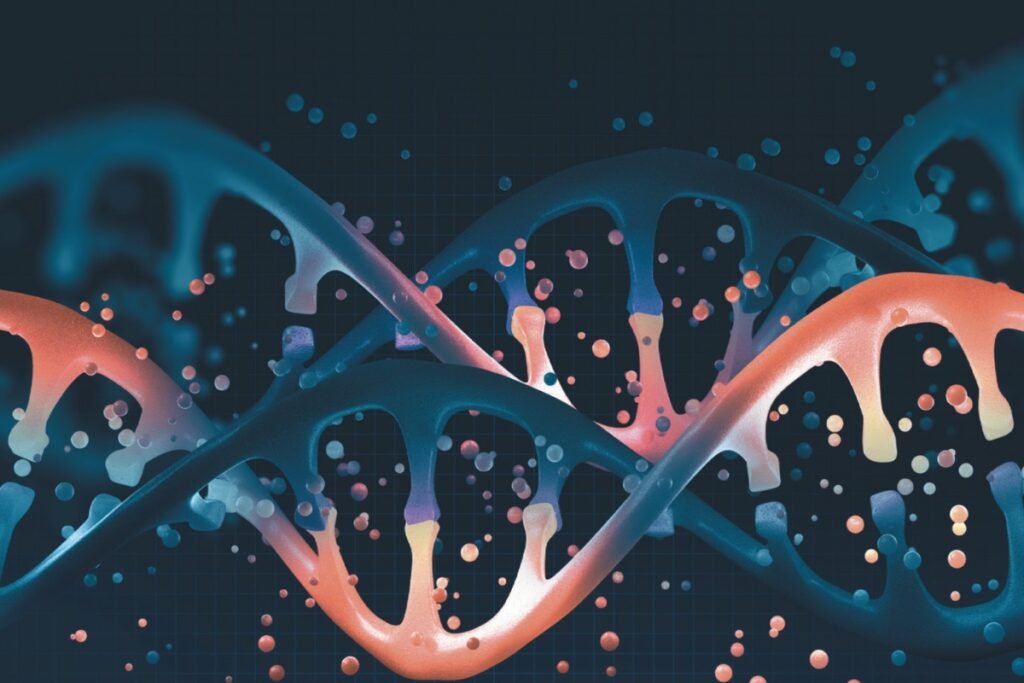A new survey conducted by healthcare research firm Sermo revealed that oncologists in the United States perceive pricing as the most significant obstacle for patients in accessing novel cancer treatments. Additionally, many oncologists are facing challenges in keeping pace with the rapid advancements in cell and gene therapies. The survey involved over 300 oncologists.
While many are also straining to keep up with the speed of new cell and gene treatments, oncologists in the US consider money as the biggest barrier for patients when it comes to getting new cancer medicines.
According to the poll, 24% of oncologists practicing in the United States said that the biggest obstacle to implementing innovative therapies into their practices is the cost to patients. Only 10% of oncologists practicing in Europe shared these costs-related worries.
That disparity is probably primarily explained by the fact that the governments of many European nations use public money to purchase new medications and undergo a health technology evaluation, which, when compared to the US, can lower the cost of new treatments.
Oncologists self-identified as having “high expertise” in immunotherapies (84%), liquid biopsies (72%), novel biomarkers (69%), and anti-drug conjugates (68%), according to the poll. When it comes to cell and gene treatments, the most recent advancement in cancer that includes CAR-T therapy, that percentage fell to 21%.
The majority of oncologists who responded to the survey’s questions about their interest in educational subjects, such as effectiveness and safety data, said that they did not feel knowledgeable about gene treatments.





























